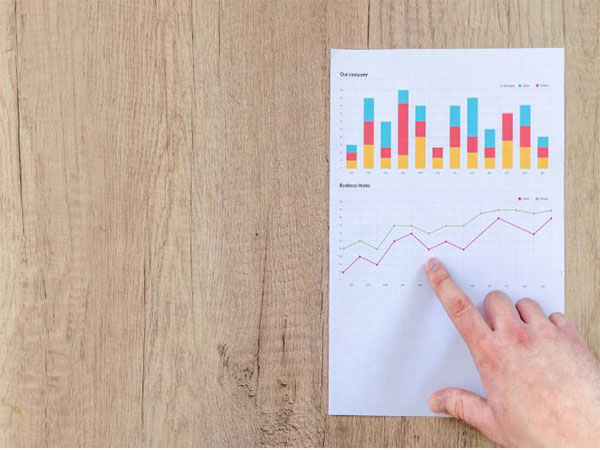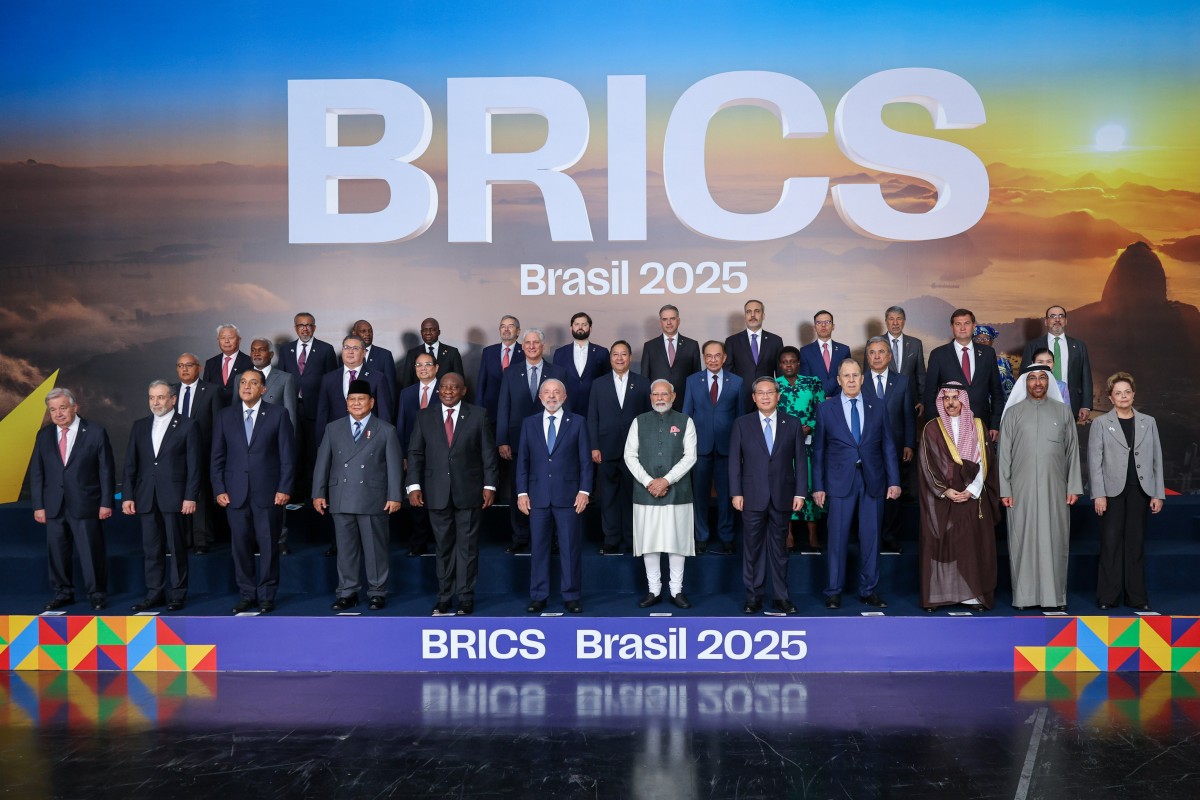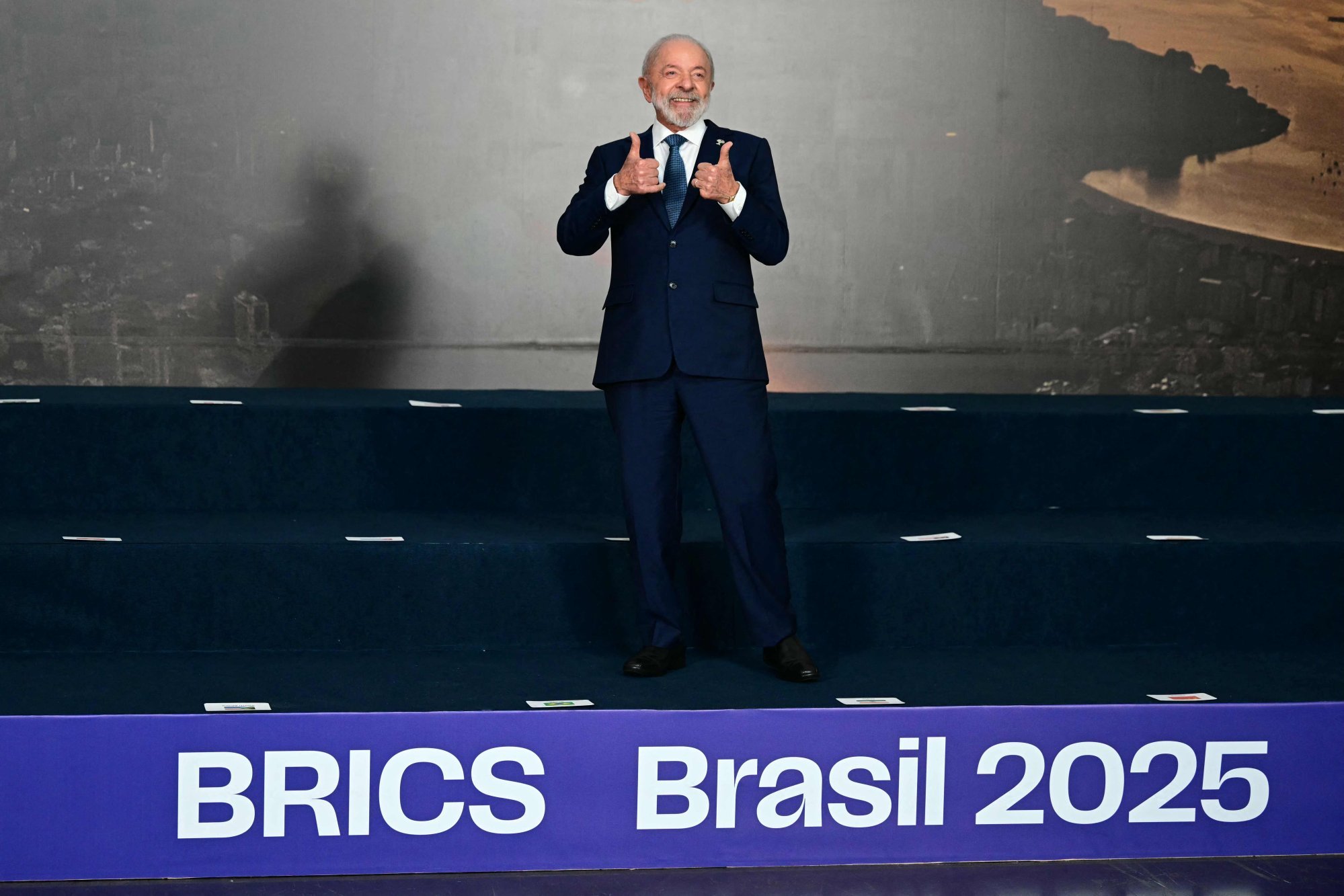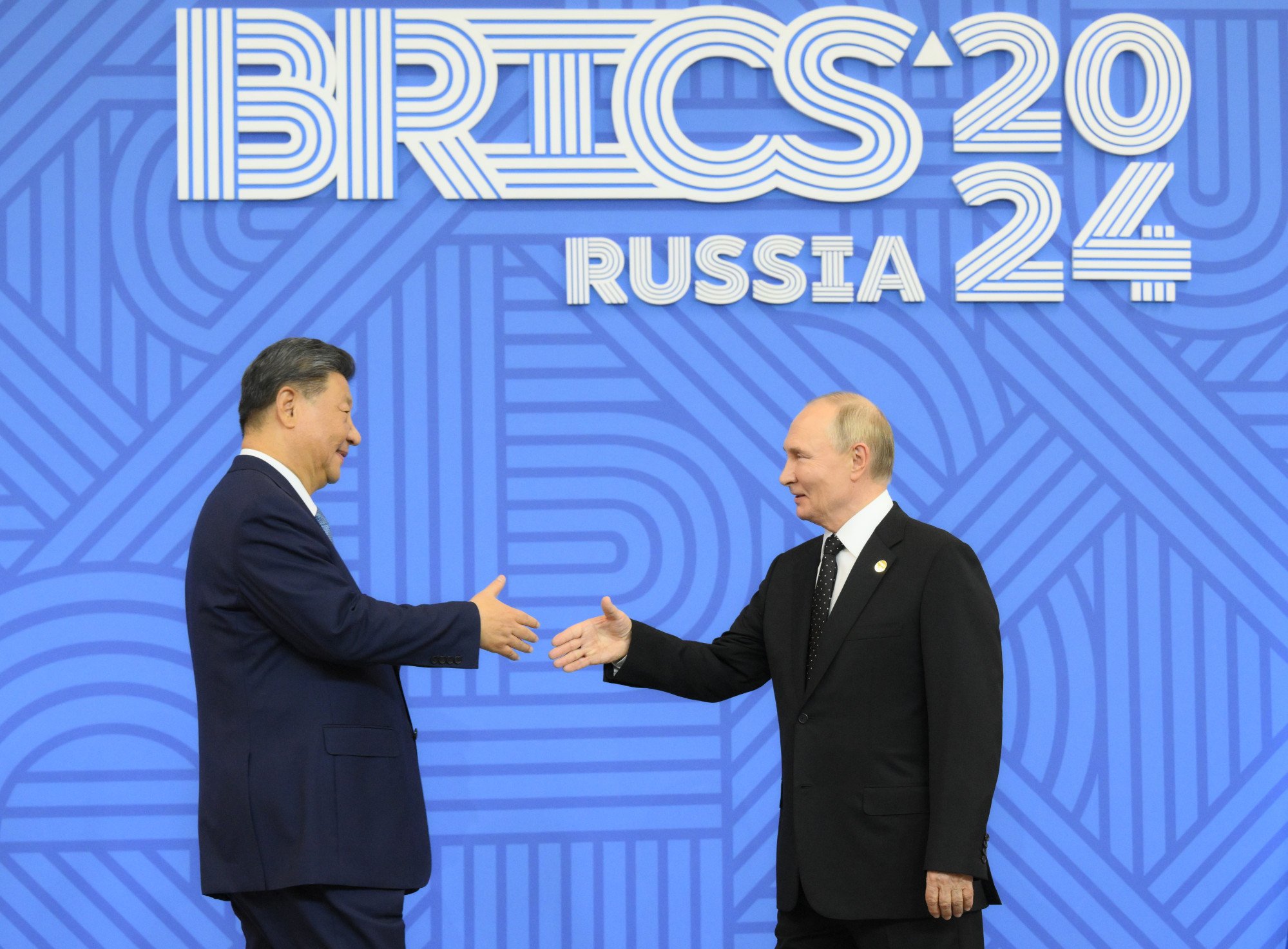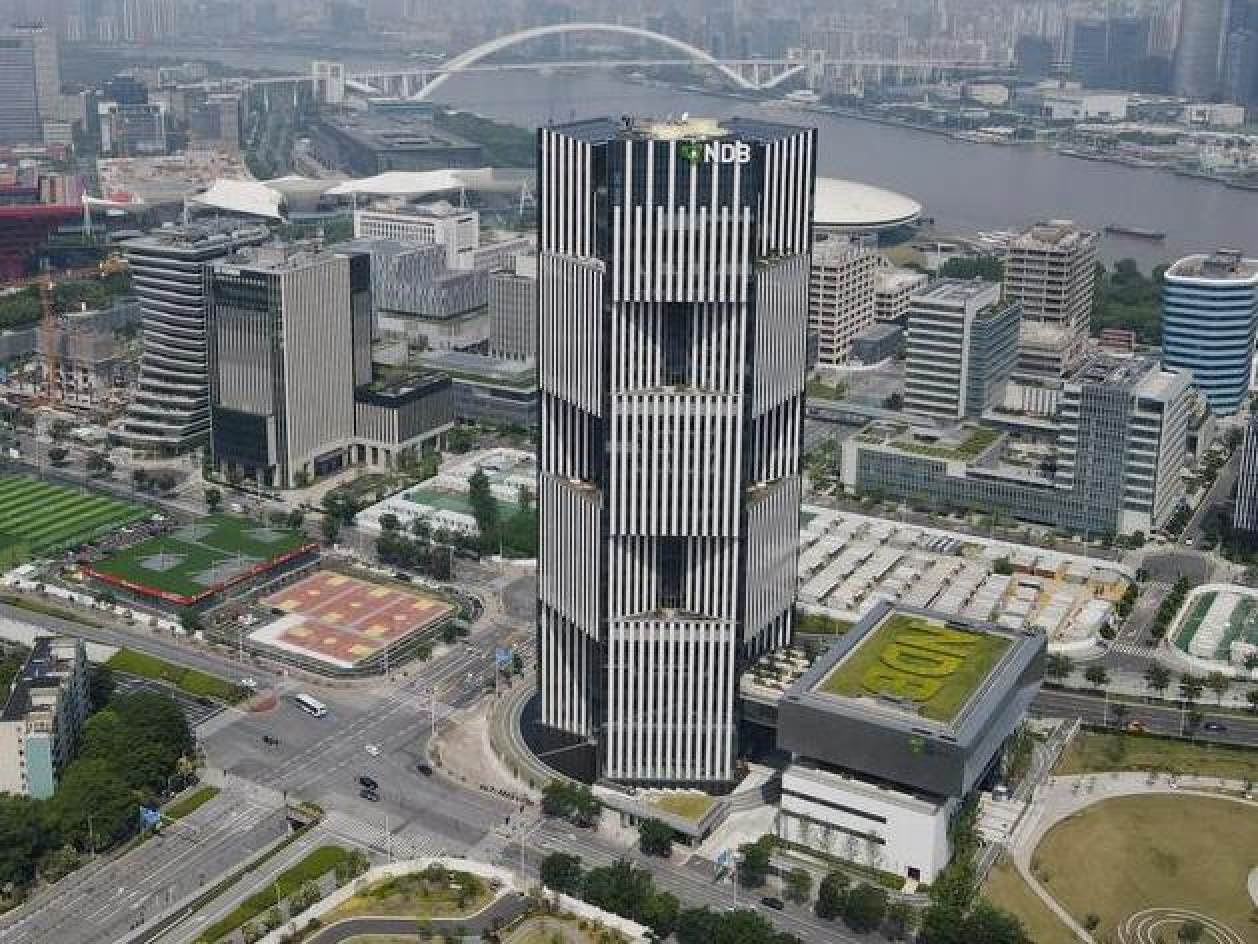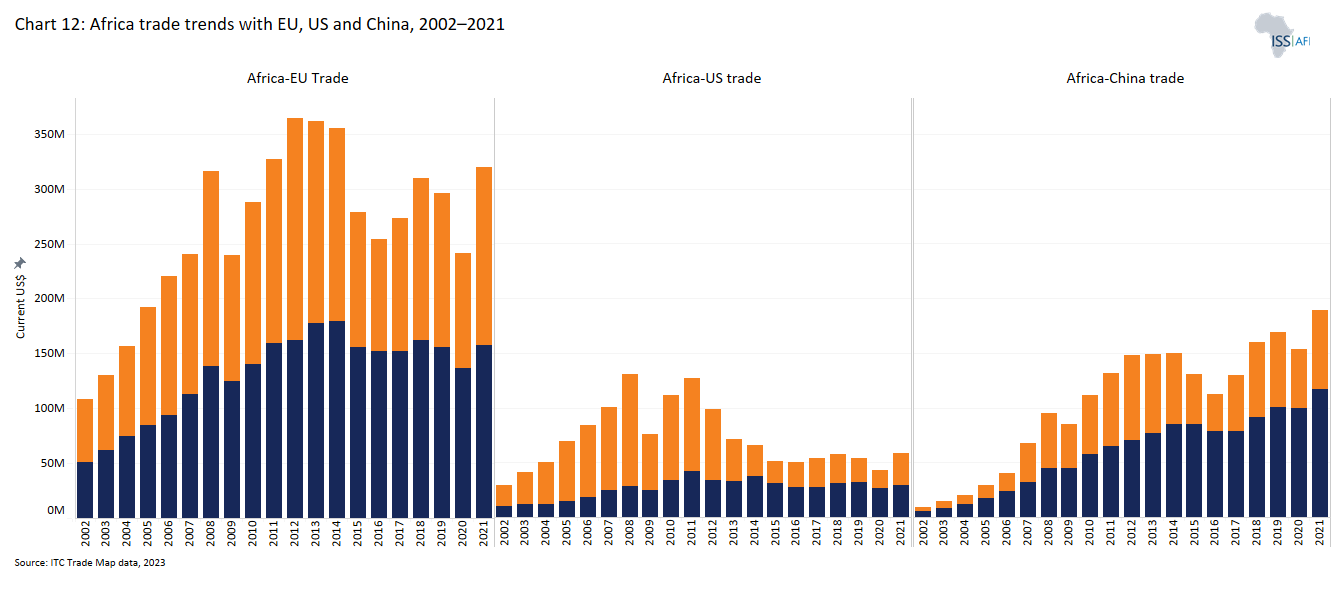
By Vivian Kai LOKKO
The worldwide economy is preparing for additional upheavals as the United States escalates its protectionist approach. On Saturday, July 12, 2025, Washington introduced significant new tariffs—30percent charges on products from the European Union and Mexico, set to take effect in August. This comes after a series of comparable actions aimed at 23 other nations, such as Canada, Brazil, Vietnam, and Japan, with tax rates varying between 20percent and 50percent, along with an earlier declaration of 10percent for African countries.
Only in the EU, where one-fifth of its exports are directed towards the U.S., the consequences are immense. Although talks are still taking place with the aim of achieving deals before the August deadline, the ambiguity is already causing significant disruption in global markets. U.S. President Donald Trump's tough approach to trade, revived in April through warnings of mutual tariffs, has led to financial market instability, undermined investor trust, and introduced substantial uncertainty into corporate strategies around the world.
The unexpected and unanticipated rise in tariffs is not only putting pressure on diplomatic relationships but also increasing concerns about increased prices, loss of employment, and lasting harm to international trade. As the leading economies of the world prepare for the consequences, a key question arises for Africa: Will the African Continental Free Trade Area (AfCFTA) serve as its defense—or a chance that will be overlooked?
AfCFTA – Africa's Journey Toward Wealth and Growth
The AfCFTA goes beyond a mere policy deal—it represents Africa's largest economic integration effort so far. Aimed at establishing a single market for products and services throughout the continent, the AfCFTA offers potential for boosting industrial development, generating employment, and fostering long-term economic growth. Since its trade component officially began on January 1, 2021, the project has achieved significant achievements—yet the path to complete execution continues to be challenging and evolving. Among its key successes are;
- Signature & Ratification:By December 2022, 54 of the 55 African Union member nations had signed the AfCFTA, while 47 had officially approved the deal. Eritrea is still the sole nation that has not signed.
- Rules of Origin:Approximately 92.3% of tariff lines have completed discussions on Origin Rules—essential for identifying which products are eligible for preferential trade under AfCFTA.
- Guided Trade Initiative (GTI):Launched in October 2022, the GTI supports the seamless movement of products across borders and has expanded from 7 to 39 member states—effectively implementing the AfCFTA.
- Trade Growth:As per the African Trade Report 2025 from the African Export-Import Bank (Afreximbank), trade within Africa increased by 12.4 percent in 2024, reaching a total of US$220.3 billion—showing a significant recovery from the 5.9 percent decline observed in 2023—highlighting the agreement's strength despite global challenges.
Although there have been progressions, the AfCFTA is currently encountering its most significant challenge: dealing with the unstable conditions of increasing global trade conflicts. The declaration from the United States to apply a general 10% tax on imports from several African nations, including Ghana, in April 2025, caused widespread concern throughout the continent, as countries such as South Africa and Lesotho are set to experience further increases of 50%.
For Ghana, the increases might put crucial industries such as cocoa, textiles, and agriculture at risk. This not only jeopardizes export revenues but also weakens industrial competitiveness.
The consequences go further. Many African countries depend significantly on exporting raw resources. Changes in global demand or fluctuations in prices may disrupt their economic stability. Increasing trade conflicts create uncertainties that discourage foreign investment—especially in developing markets such as Africa.
African producers rely on imported equipment and materials, and new tariffs might increase manufacturing expenses, reduce profit margins, and affect consumer spending ability. In other words, the trade conflict highlights Africa's susceptibility to outside influences—and strengthens the argument for enhancing regional integration through the AfCFTA.
Why the AfCFTA is More Important Than Ever
Amid rising protectionist trends, AfCFTA provides Africa with a strategic defense and a strong platform for growth. By reducing internal tariffs and aligning trade regulations, it strengthens the continent's economic independence and shields it from global instability.
Gradual elimination of internal trade tariffs will also enhance the competitiveness of African products across borders. Streamlining regulations, minimizing bureaucratic procedures, and tackling customs inefficiencies will lower trade expenses. Although the AfCFTA has shown significant progress, it still faces substantial challenges—many of which stem from political reluctance and structural weaknesses.
As Mavis Owusu-Gyamfi, the CEO of the African Centre for Economic Transformation (ACET), highlighted at the 2025 Citi Business Forum, the main challenge is not an absence of funding but a shortage of political determination. “We sign the agreement,” she stated, “but when it's time to put it into action, we struggle.”
Throughout the continent, fragile logistics systems, poorly developed transportation infrastructure, and varying trade regulations still hinder the smooth movement of products. The goal of aligning regulations across 54 different economies is a huge challenge—one that is delayed by ongoing customs inefficiencies, excessive bureaucratic procedures, and administrative lags.
Persistent regional conflicts and unstable governance further hinder trade routes, erode investor trust, and diminish the confidence essential for comprehensive continental integration. Nevertheless, amid this challenging environment, there is a potential opportunity. The global tariff conflict, although disruptive, presents Africa with an opportunity to reassess, reconfigure, and advance.
Opportunities amid global disruption
The AfCFTA presents Africa with a unique and significant chance—not merely to endure, but to grow effectively. The continent's increasing importance in global politics is clear, as countries such as India, China, and Russia step up their involvement throughout Africa.
Africa's commerce with China has reached a new peak of $134 billion in the initial five months of 2025, whereas India's trade stood at $97.85 billion during the 2022/23 period.
Indian Prime Minister Narendra Modi, during his recent trip to Ghana on July 3, 2025, highlighted Africa's importance in defining the Global South and emphasized India's growing economic and commercial connections. India has become Ghana's fourth-largest supplier of imports, with trade reaching almost US$3 billion in the 2023/24 period.
In a similar manner, China—Ghana's leading import partner, which accounted for GHC 33.9 billion in imports in 2023—has increased its involvement, highlighted by the establishment of the China-Ghana Mining Association. These changes represent a significant opportunity for Africa to take a stronger stance through the AfCFTA.
By showcasing a cohesive stance, AfCFTA allows Africa to communicate with a single voice in international trade discussions, enhancing its ability to seek more equitable conditions and establish stronger alliances. The continent's large market, home to over 1.3 billion people, offers companies significant opportunities to expand beyond individual countries, opening up new economic areas across Africa.
As global companies look for more secure and varied locations for their supply chains, Africa's growing integration makes it a promising option for foreign investment. This change has the potential to boost local industries, helping the continent move from relying on raw material exports to focusing on manufacturing and industrial development.
Furthermore, a robust internal market diminishes Africa's susceptibility to external shocks, shielding its economies from the consequences of geopolitical conflicts. In a world fragmented by trade disagreements, Africa's neutral position provides a distinctive diplomatic advantage—creating an opportunity to secure improved infrastructure and development agreements from competing global powers.
As former Ghanaian Trade Minister Dr. Ekwow Spio-Garbrah recently stated: "For 34 years, we've had a shared goal that hasn't been achieved yet. A united Africa is our greatest opportunity for economic independence." The AfCFTA, if fully implemented, could represent that much-anticipated progress.
The road ahead
The AfCFTA is more than just a reaction to outside challenges—it represents Africa's comprehensive plan for sustained development. While the global community becomes more inward-focused, Africa needs to look within. By speeding up the adoption of AfCFTA, developing trade infrastructure, and fostering political support, Africa can thrive not in spite of the global trade conflict—but as a result of it. In an era of unpredictability, AfCFTA continues to be Africa's most direct route to economic strength and independently driven growth.
>>>the author serves as Head of News at Citi FM and Channel One TV. She also has expertise in business, finance, and economic reporting.





